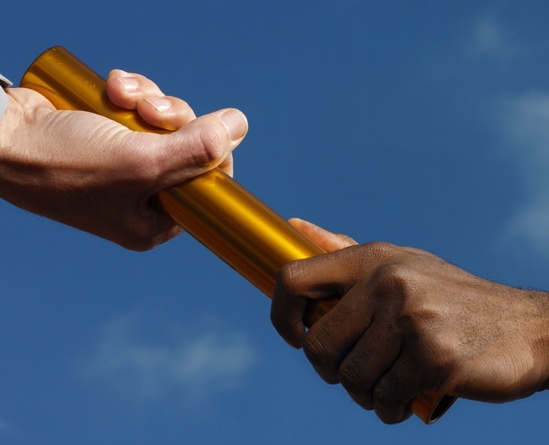
After attending the Kilpatrick jury selection last week I can’t get affirmative action out of my head. I can’t get the racially geared questions out of my head, either. Last week I must have heard the same question asked 50 different ways: “Do you know what affirmative action is? Based on historical events do you understand why African American people would speak in an angry, frustrated way about white people?
If that’s in my head, I can only imagine how these questions have been branded into those who have been sitting in that courtroom for the past two weeks.
But I can’t help but ask myself those questions, over and over. Of course, I understand why black people are frustrated. Of course, I understand what affirmative action is.
But somehow it seems as though there have been so many tidy, sterile ways language has formed around race. Words like affirmative action, African American.
We go about our days and don’t talk about it’s. It’s a taboo topic, an emotional one. But race relations are still strained. Detroit in 2012 is certainly not Jackson Mississippi in the sixties, but it’s not exactly Sesame Street, either.
The worst part is that it seems impossible to pin down exactly what’s wrong. Race-based Discrimination is elusive, hidden and if you talk about it, you’re playing some sort of “race card.”
The fact is, there is no updated language to communicate about race. We’re stuck with terms from a civil rights movement long past.
Activist Jesse Jackson was on to something when he spoke in Detroit last week:
“This is the early morning of a new phase of our struggle. Freedom without equality is freedom to starve. In the business world, we are not playing on an even playing field,” he said.
Jackson is right, in the business world and outside of it, minorities are not playing on an even playing field. But today it’s not as obvious, there’s no easy way to describe what exactly tilts this proverbial playing field. It’s tangled in years of history, in culture, woven discretely into the fabric of society, in laws and knee-jerk thought patters.
The first step to changing is for people of all backgrounds be willing to talk about race first without emotions getting out of hand. There has to be some avenue to disscus race openly and often, and not in an accusitory way, but in one that seeks to truly understand what we mean when we say we aren’t on a level playing field. Books have been written about this, great books, but it will have to be through everyday that change comes about.
“This is a very different dimension of our struggle,” Jackson said at a press conference last Thursday. He’s right.